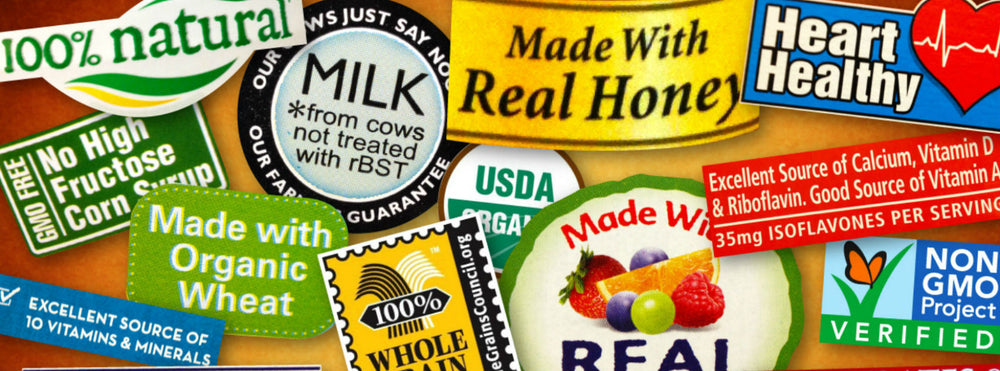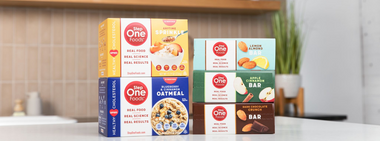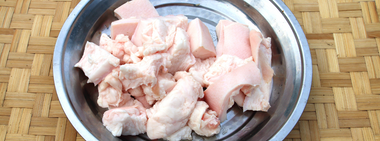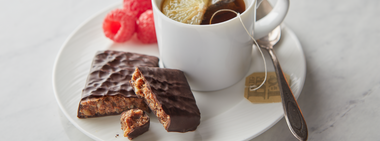If everything is so good for us why are we all so sick?

Walk into any grocery store, and you’ll encounter shelf after shelf of products shouting health claims:
Reduced sodium! Helps lower cholesterol! Only 100 calories per serving!
Yet, as a cardiologist, my daily work revolves around treating high blood pressure and high cholesterol in individuals struggling to lose weight. What is going on?
The truth is that these health messages are more marketing hype than straightforward nutrition guidance. They’re designed to sway purchase decisions—decisions typically made within 3 to 5 seconds in a grocery store.
The Problem with "Reduced Sodium"
The claim of “reduced sodium” means a product contains at least 25% less sodium than a similar reference product. But this doesn’t always make it a healthy choice.
Take Campbell’s French Onion Soup, for example. It contains 980 mg of sodium per ½ cup serving. Even a 25% reduction doesn’t make it suitable for someone with hypertension.
Misleading Claims: "Helps Lower Cholesterol"
Products like Honey Nut Cheerios claim to help lower cholesterol, but there’s a catch. To consume enough fiber to affect cholesterol levels, you’d need to eat four servings—equaling 440 calories, nine teaspoons of added sugar, and over a third of the daily recommended sodium intake for heart patients. Not exactly a healthy trade-off!
And despite its name, you won’t find a single nut in the box—just almond flavor.
The Truth About "Only 100 Calories"
Highlighting specific calorie counts on snacks like Chips Ahoy! 100-Calorie Thin Crisps Chocolate Chip Cookies can be deceptive.
While 100 calories might seem negligible, adding 100 calories a day can lead to a 10-pound weight gain in a year. Additionally, consuming simple carbs spikes insulin levels, which, over time, can contribute to blood sugar abnormalities.
Can You Trust the American Heart Association Seal?
The American Heart Association (AHA) seal isn’t foolproof. Contrary to popular belief, the AHA doesn’t comb through grocery stores to identify the healthiest options. Instead, manufacturers pay a hefty fee for this endorsement.
While there are nutrition standards to qualify, these standards have been relaxed to accommodate certain brands. This explains why nutrient-dense options like bags of salad or containers of blueberries don’t display the red heart symbol.
A Solution to the Deceptive Food Landscape
This confusing and often misleading food landscape inspired me to create Step One Foods. Our products are made with real ingredients, deliver on honest promises, and even come with a money-back guarantee.
Because there’s no shortage of marketing hype—just a shortage of foods that actually build health.
This blog is part 1 of a 4-part series. Read part 2 here.

Tested & Proven Results.
- Cardiologist formulated
- Supported by over 500 publications
- Clinically-proven, in a double-blind randomized trial with Mayo Clinic and The University of Manitoba
80% of participants lowered their cholesterol in just 30 days. With just two servings per day, Step One Foods offers a proven-effective way to naturally lower LDL (bad) cholesterol.
Get heart health tips and articles like this, delivered right to your email.
New articles every week.
You may also like...

Un-Processed, Processed, and Ultra-Processed Foods. What’s the Difference?

Beef Tallow: Health Benefits, Risks, and the Truth Behind the Trend

You don’t need to avoid foods with cholesterol…except for these


